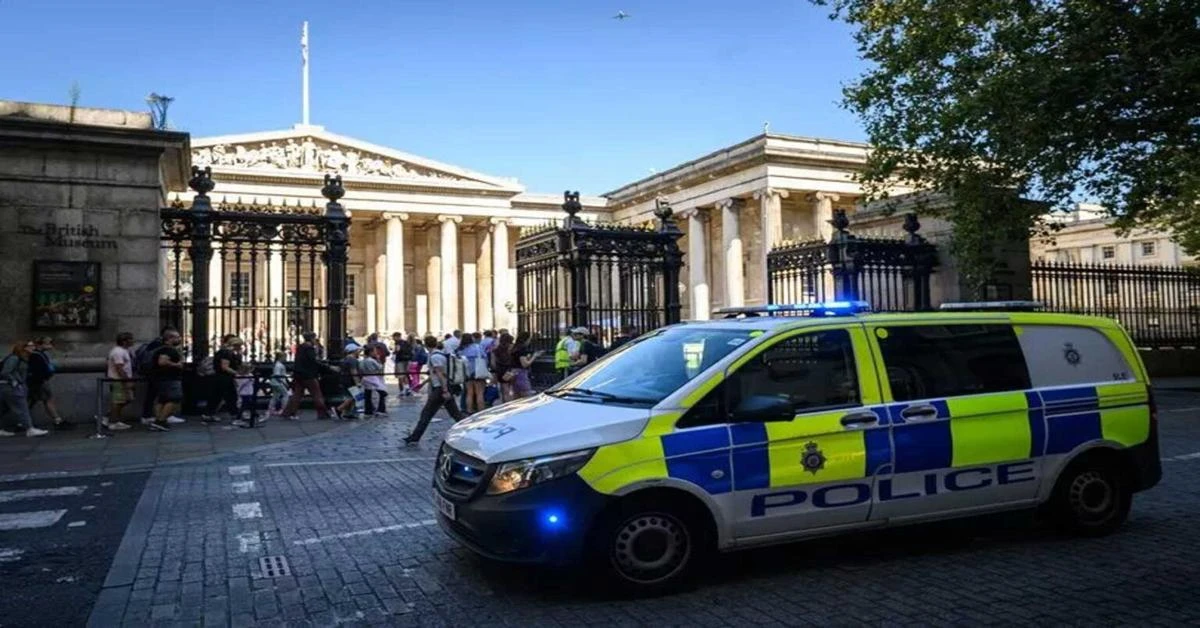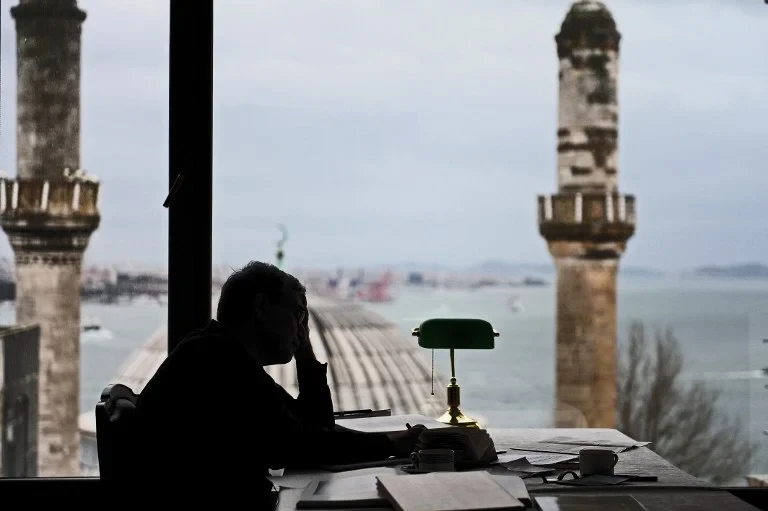FBI reveals British Museum’s artifacts stolen by curator, sold online

The FBI investigates the sale of stolen British Museum artifacts to American buyers, with a former curator accused of stealing and selling items on eBay
The FBI launches an investigation into the sale of suspected stolen artifacts from the British Museum to American buyers.
This follows the British Museum’s announcement last year that ancient gems, jewelry and other items were missing, stolen or damaged.
Investigations details regarding British Museum’s missing artifacts

The British Museum estimates that out of 1,500 items believed to be stolen or missing, they have recovered 626 and found 100 more. Many of these items were uncatalogued, making it difficult to prove they belonged to the museum.
The investigation centers on Dr. Peter Higgs, a former senior curator at the museum. The museum accuses Dr. Higgs of stealing, damaging, melting down and selling artifacts. However, he firmly denies these allegations.
According to court documents, the museum believes Dr. Higgs pocketed around $127.800 from selling items over a decade, mainly through eBay using the account “sultan1966” and the alias “Paul Higgins.”
Higgins’ ‘Bodrum1966’ email address was a significant clue. Bodrum is a district in Türkiye where Higgs worked on Hellenistic-period sculptures. Higgs generally appeared to live a modest life, relying on his salary from the museum.
The FBI has helped return 268 items sold to a collector in Washington, D.C. In one case, a buyer in New Orleans, Tonio Birbiglia, was contacted by an FBI agent about two pieces he purchased on eBay. Birbiglia said he no longer has the items and does not believe authorities have located them. He expressed frustration over the lack of follow-up from the FBI, stating: “The whole thing just seemed like they (the FBI) were blowing it off.”
Antiquities dealer Dr. Ittai Gradel’s role in exposing theft

Danish antiquities dealer Dr. Ittai Gradel began noticing significant artifacts for sale on a second-hand site about 10 years ago. Gradel purchased an ancient Medusa piece for just $19 and a ring for $190, both of which were significantly undervalued.
Dr. Ittai Gradel tracked artifacts sold to buyers in various cities, including Hamburg, Cologne, Paris and Hong Kong.
Dr. Gradel, who has a photographic memory, recognized a gem listed on eBay as part of the British Museum’s collection. This led him to monitor the eBay account, which he later linked to Dr. Higgs. Dr. Gradel confirmed his suspicions by matching the seller’s information to Dr. Higgs’ details.
The museum’s investigation revealed that many stolen items were uncatalogued, making it easy for them to go missing unnoticed. Dr. Higgs reportedly tampered with the museum’s database to cover his tracks. The museum has filed a civil case against Dr. Higgs, but no one has been arrested or charged.
Higgs worked at the British Museum for over 30 years and was considered a pillar of the institution. He was also a member of the Monuments Men, a group that identified stolen artifacts.
British Museum’s response, future actions to secure artifacts

This incident has prompted the British Museum to catalog every item in its collection and tighten security measures. The museum aims to ensure no staff member can access storerooms alone.
Dr. Gradel, who has returned over 360 gemstones to the museum, encourages others who may have purchased stolen items to do the same.
The investigation continues, with both the British Museum and the Metropolitan Police working to recover the missing items. “I’m 100% certain we’ve got our man, we know who has stolen these items,” said George Osborne, Chairman of the British Museum. “Missing coins were found in his house.”
The case has also led to broader scrutiny of security and cataloging practices at the British Museum and other institutions. The U.K.’s Department for Culture, Media and Sport (DCMS) requested museums and galleries to provide details of missing artifacts over the past 20 years.
This review revealed that over 1,700 artifacts, including a drawing of Queen Victoria and a bronze sculpture by Thomas Stothard, are missing from collections across the country.
The FBI and the Metropolitan Police continue to collaborate on this high-profile investigation. The focus remains on tracking down and recovering the remaining missing items, ensuring that such incidents do not recur in the future.
Source: Newsroom



